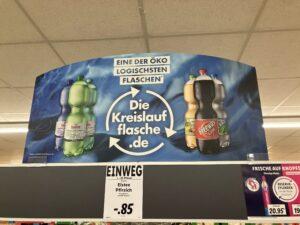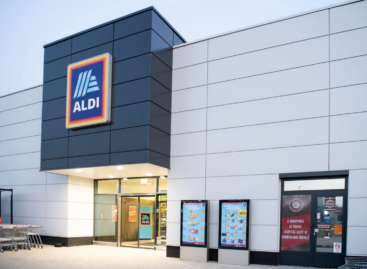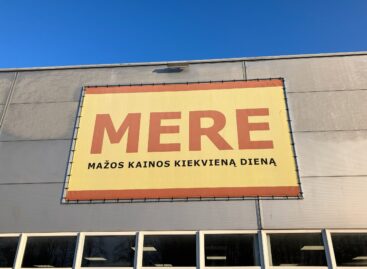Aldi and Schwarz Group raise the bar for sustainable retail operations
German discounters commit to Net Zero by 2050. Aldi Süd and Schwarz Group want to reach carbon neutrality across their entire value chain, including suppliers. The ambitious goal sets a new standard in the retail industry. More than 200 companies who missed the deadline for setting net zero goals were removed from the science-based targets initiative.

Schwarz Group has commited to use 25% recycled material in its own brand packaging by 2025 within its ‘Reset Plastic’ initiative (here visible Lidl’s Saskia and Freeway own brand PET bottles in Germany)
Aldi Süd and Schwarz Group, the parent company of discounter Lidl and supermarket operator Kaufland, have committed to the next level of sustainable retailing.
Schwarz Group companies have submitted a Net Zero Commitment to the Science Based Targets (SBTi) initiative. The Group commits to reducing all emissions generated in its own companies and along its value chain to net zero by 2050 at the latest.
By 2030, Schwarz Group aims to reduce all direct and indirect operational emissions by 48% (Scope 1 and 2, base year 2019). In addition, Schwarz Group is now setting new targets for the upstream and downstream supply chain (Scope 3, base year 2022). By 2034, FLAG (forest, land and agriculture) emissions are to be reduced by 42.4% and indirect E&I (energy and industry) emissions by 35%. The new targets have yet to be validated by the SBTi.
Schwarz Group joined the SBTi in 2020. As part of its own ‘Reset Plastic’ initiative, the retailer has reduced the use of plastic in private label packaging and transport aids by 34% since 2017, exceeding the original savings target of 30% by 2025. PreZero, the holding company’s current environmental division, entered the waste management market in 2018 and has since expanded its portfolio by acquiring waste management and recycling companies in more than 10 European countries.
Discounter Aldi Süd also received the green light for its new science-based targets to achieve net-zero greenhouse gas emissions by 2050. The new short-term targets aim to reduce Scope 1 and 2 emissions by 52% and Scope 3 emissions by 25% by 2030.
Commitment to reduce global warming
The SBTi was launched in 2015 to help tackle global greenhouse gas emissions. Under the 2015 Paris Agreement, 175 countries worldwide agreed to reduce greenhouse gas emissions to limit the global temperature increase to 1.5 degrees Celsius above pre-industrial levels.
In 2019, the Business Ambition for 1.5°C (BA1.5°C) campaign was launched to mobilise the private sector as part of the UN’s ‘Race to Zero’ initiative. Out of more than 1,000 members, only around 350 have set or are in the process of setting full net zero targets, the SBTi announced earlier this year.
Scope 3 commitments a major challenge
Schwarz Group’s and Aldi’s commitment set a standard in the industry. More than 200 companies, who missed their deadline to set full-net zero targets, had their long-term scope 3 targets removed by the SBTi in spring this year. However, almost two-thirds of these companies still had verified near-term targets. Scope 3 emissions concern entities that only indirectly affect a company’s value chain of upstream and downstream activities and therefore are not under their own direct control.
Related news
The popular downtown ALDI store is reopening
🎧 Hallgasd a cikket: Lejátszás Szünet Folytatás Leállítás Nyelv: Auto…
Read more >Related news
Amikor a megszámlálhatatlan megszámlálhatóvá válik
🎧 Hallgasd a cikket: Lejátszás Szünet Folytatás Leállítás Nyelv: Auto…
Read more >New country director at the helm of JYSK Hungary
🎧 Hallgasd a cikket: Lejátszás Szünet Folytatás Leállítás Nyelv: Auto…
Read more >








